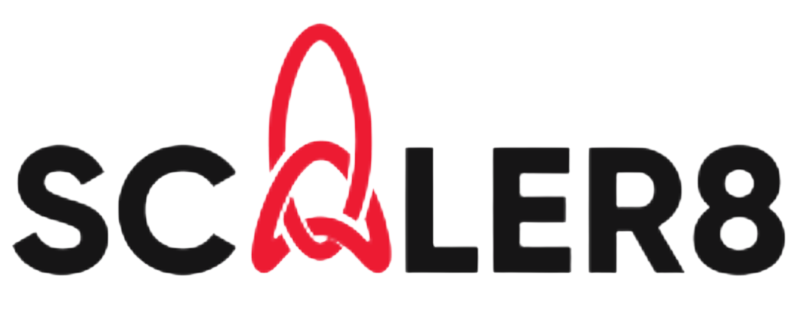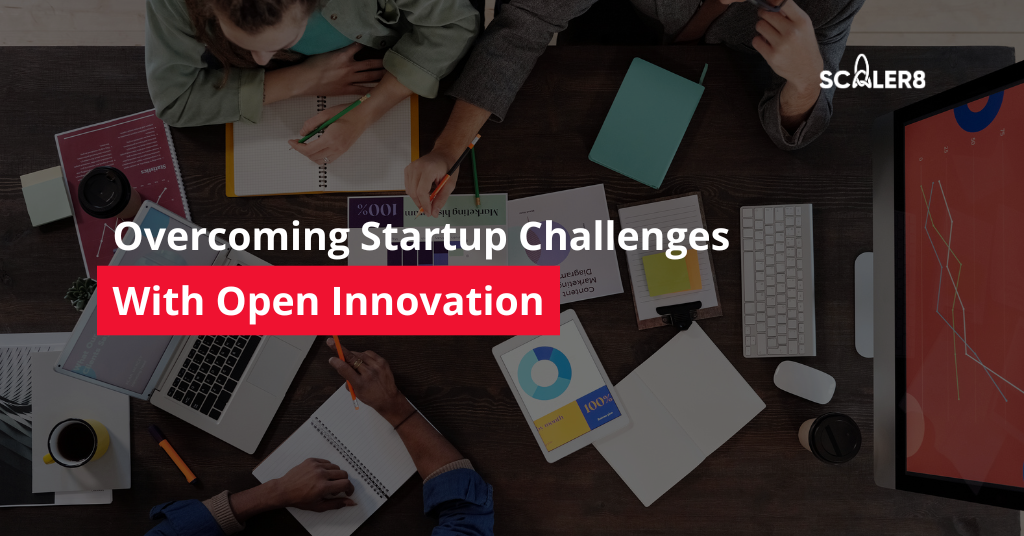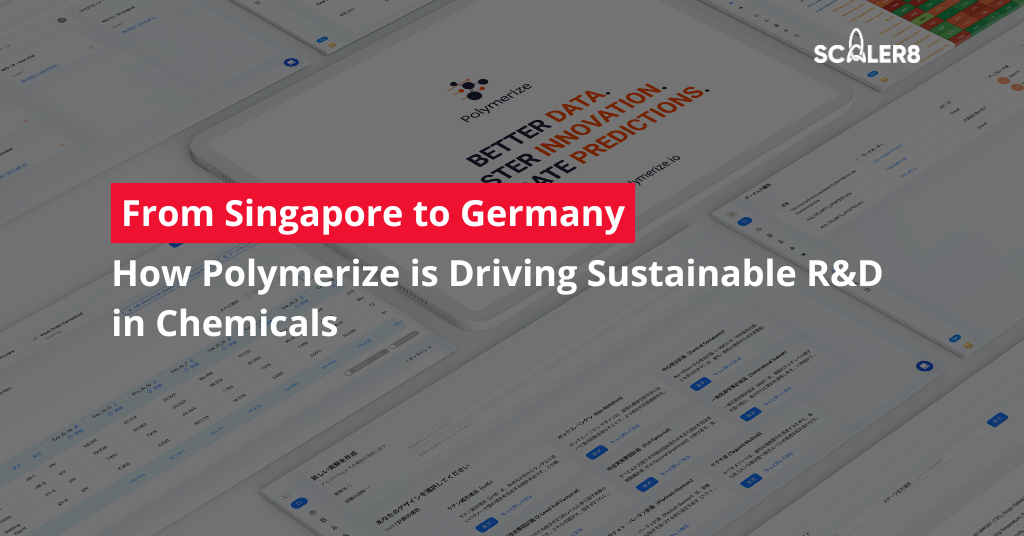Germany as the global leader of the fourth industrial revolution
Succinctly characterized as the “digitization of manufacturing,” Industry 4.0 has been a common buzzword in discussions about our present-day economy. In Germany, Industrie 4.0 refers to the national initiative of establishing the country as the world’s leading Industry 4.0 hotspot.
Thanks to efforts made as a part of Industrie 4.0, the world’s fourth industrial revolution has made significant headway in Germany, and the European powerhouse is now a leader in the development and implementation of relevant technologies.
Revolutionising a better, faster, smarter Germany
First launched as a national strategic initiative by the Ministry of Education and Research (BMBF) and the Ministry for Economic Affairs and Energy (BMWI), Industrie 4.0 was created to drive digital manufacturing forward by comprehensive digitisation and interconnection of products, value chains and business models. Through intelligent networking of machines assisted by information and communication technology, Industrie 4.0 aims to support research, better inter-industry networking and standardisation.
With Industrie 4.0 being a central focus of the Federal Government’s Digital Agenda, the Ministry for Economic Affairs and Energy has funded nearly €100 million to two programmes – ‘Autonomics for Industrie 4.0’ and ‘Smart Service World’ – to foster research and innovation in relevant fields
Propelling the country to new heights
Promising a jump in manufacturing productivity levels by up to 50% while simultaneously halving required resources, it’s not hard to see why many companies are eager to adopt Industrie 4.0 as part of their operations.
More than 65% of German businesses are already planning to adopt specific Industrie 4.0 technologies.
Automation, cyber-physical systems (CPS), the internet of things (IoT), computer-steered sustainability and cloud and cognitive computing are now the main channels via which Industry 4.0 will be implemented, with the government going so far as to place AI development as a national priority.
Industrie 4.0 has established itself to be a big market within Germany’s domestic market.
The industry is forecasted to grow up to 2025 and amount to a whopping total potential value of €425 billion, when combined with the automotive, mechanical and plant engineering, and electronics and high-tech sectors throughout the country.
Growth of Industrial IoT Market
The transition to Industrie 4.0 also allows for another market in Germany to grow – the Industrial Internet of Things (IIoT). IIoT are specialised devices for industrial use, often utilised by firms and governments to improve operations. IIoT streamlines processes to improve productivity, efficiency and safety.
Due to the global adaptation of the fourth industrial revolution, the IIoT market is already one of the biggest Industry 4.0 markets in the world. Germany’s IIoT market is expected to reach approximately €16.8 billion in 2022, more than double the market value in 2017. Notable segments that will drive the growth of Germany’s IIoT market include the automotive industry and machinery and plant engineering.
Embracing the Industrial Revolution
A huge part of this success is Germany’s openness in embracing new data technologies, allowing various parts of the manufacturing process to be interlinked and making many of the manpower-intensive paperwork and other administrative processes obsolete.
For example, in the manufacturing sector, three in four companies use smart services like cloud computing solutions, with one-third of which analyse large amounts of data using big data analytics solutions.
The country also utilizes their wealth of universities and research institutes to spur Industry 4.0 innovation. Notable institutions include the Fraunhofer Institute and Germany’s largest technical university, RWTH Aachen University, which houses the European 4.0 Transformation Center and Industry 4.0 Maturity Center.
SMEs as the biggest beneficiaries
What is perhaps the most exciting and interesting aspect of Industry 4.0 is that it is expected to be a boon for SMEs the most, rather than mega conglomerates.
The German Government and representatives from industry, science and trade unions launched Platform Industry 4.0 in 2013 to benefit SMEs.
The platform aims to “promote the transfer of Industry 4.0 into business practice – especially to small and medium-sized companies” by promoting cross-border exchange to solve global challenges of digitalization in numerous international collaborations.
The initiative has expanded exponentially over the years, now boasting over 350 stakeholders from more than 150 companies, associations and trade unions who develop concepts and recommend actions for a networked industry.
It is without a doubt that now is the perfect time for foreign tech manufacturing and smart technology startups to venture into Germany, thanks to the plenty of resources made available to firms and the demand for technology needed to shift to Industry 4.0.
Interested in more German business insights?
Check out the top sectors in Germany here.
Keen on expanding into Germany? Check out our German market exploration program here.




